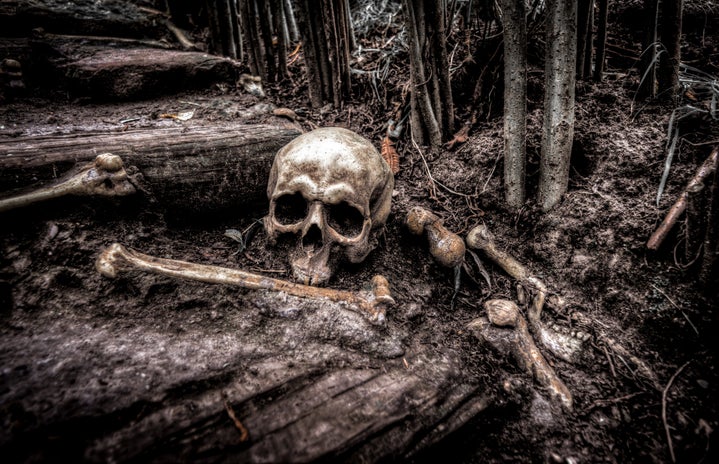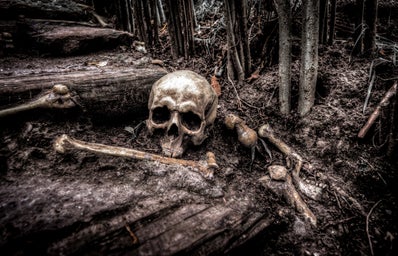The horror film genre is one of the biggest genres in Hollywood. And have you ever noticed the commonality most of them share? There’s been research done to show that horror films play into gender roles in society. Now, one might think, how is this even possible if the purpose of horror films is simply just to evoke panic and alarm for the viewer. To an ordinary horror buff, I am a complete weakling. Throw some close-up camera angles, dark alleys, a couple of screams in there and I will be paranoid for the next month. So I must admit, it’s hard for us weaklings that watch one every so often to notice the stereotyping that occurs in horror films when we’re experiencing all the thrills that come with it. However, have you ever noticed that for a majority of horror films, women have fallen prey to the victim role while men portray the aggressive, crazed characters? Research has been found to show that reasons why female characters specifically die in horror films include women being viewed as weak, if a female character is promiscuous, and that, particularly torture scenes with a female character, serve to show the terror that the woman goes through and establishes more of a strong connection with the audience.
Horror has seemed to respond to society’s beliefs of women and their roles. Before the 1970s, women were seen as weak and not able to work hard, a damsel in distress. Hitchcock’s Psycho, when analyzed, has female characters that are the complete opposite of what women were supposed to be in society at the time of the 1960s. Marion Crane is this sexual and sneaky character that steals money from her boss and runs away only to be murdered brutally by Norman Bates. The nature of Marion is something that Americans in the 1960s had never seen before in a woman and thereby she is killed because of the disapproval of her lifestyle.
Fast-forward to the 1990s and society’s thoughts on women completely changed. Women were seen as intelligent and hard-working and this was portrayed in the 90s horror films. Female characters were written to be smart and protect themselves which introduced the “final girl” trope in horror movies. This idea is that female characters make it to the end of the movie to confront the killer and be the one to end the story. 1996’s Scream uses this final girl trope and is considered to have the most iconic final girl.
We can also examine race in past and future horror films. 1915’s Birth of a Nation gained much popularity for all the wrong reasons, depicting African Americans as unintelligent and sexually aggressive and propping up confederacy. In the 1980s, we have “The Shining”, where Dick Halloran, a character who survives in Stephen King’s novel actually dies in the movie by Jack Nicholson, and his character was seen as a “sacrificial negro”, dying to save the white character. With recent films such as “Get out”, Jordan Peele shows a different kind of horror than what has been seen which stimulated excitement within the horror community. Peele plays on the idea of racism and completely turns it on its side, empowering African Americans to take on the primary role and take down the villains.
Horror is like any genre in film, in the sense, that representation is important and that they should look like our nation. Horror films have come a long way and it is reassuring to see that horror movies are creating a broader vision of gender and race that extend beyond the stereotypes that were seen in the past. As a society, we must continue this trend of pressuring not only the horror film industry but the Hollywood industry to create more positive and diverse roles.



